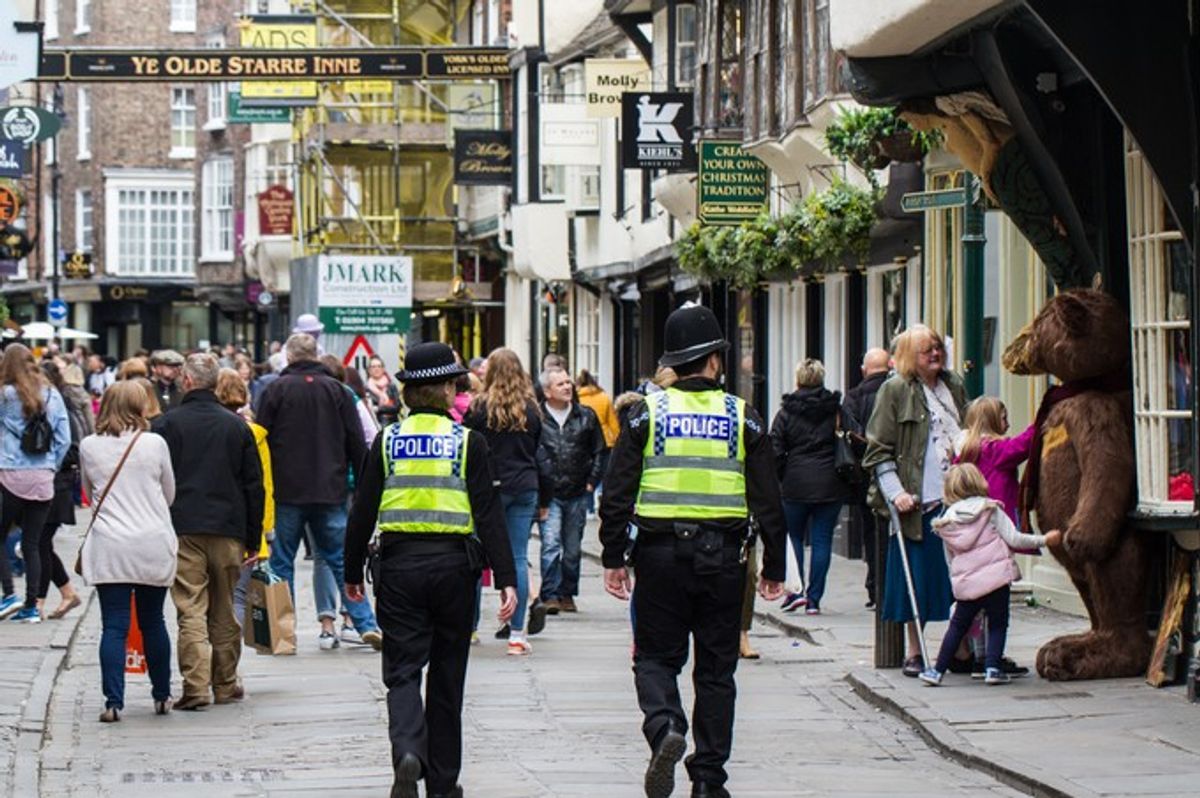Retailers are being urged to pull out of a new policing strategy including Project Pegasus amid warnings it will “amplify existing inequalities in the criminal justice system” and might result in wrongly criminalising people of colour, women and LGBTQ+ people.
A coalition of 14 human rights groups has written to the main retailers – also including Marks & Spencer, the Co-op, Next, Boots and Primark – saying that their participation in a new government-backed scheme that relies heavily on facial recognition technology to combat shoplifting, The Guardian reported.
The letter, from Liberty, Amnesty International and Big Brother Watch, among others, questions the unchecked rollout of a technology that has provoked fierce criticism over its impact on privacy and human rights at a time when the European Union is seeking to ban the technology in public spaces through proposed legislation.
“Facial recognition technology notoriously misidentifies people of colour, women and LGBTQ+ people, meaning that already marginalised groups are more likely to be subject to an invasive stop by police, or at increased risk of physical surveillance, monitoring and harassment by workers in your stores,” the letter states.
The letter also state that the move will “reverse steps” that big retailers introduced during the Black Lives Matter movement, including high-profile commitments to be champions of diversity, equality and inclusion.
Critics say using biometric surveillance could impinge on a person’s “freedom of expression” and deter people from protesting.
Madeleine Stone, senior advocacy officer at Big Brother Watch, said, “Live facial recognition is a dystopian mass surveillance tool that turns streets into police lineups. Deploying this biometric surveillance to track protesters is an authoritarian step that aligns the UK with the likes of Russia and China.”
The police’s new strategy to crack down on shoplifting – called Project Pegasus and unveiled last Monday (23) – involves retailers stumping up almost £800,000 over two years to fund a partnership with police.
Under the Pegasus initiative, shoplifting will be targeted like organised crime with a specialist police team to gather intelligence on gangs responsible for widespread retail crime.
However, the coalition of campaign groups, which also includes the Runnymede Trust and Privacy International, urged the government to halt Pegasus and focus instead on tackling the root causes of shoplifting, namely poverty and the cost-of-living crisis.
“The reality is that we cannot police and surveil our way out of a cost-of-living crisis, low wages, an inadequate social security system, soaring housing costs and rocketing food prices,” it stated.
Despite the increasing adoption of the technology, campaigners point out there is no legal basis for police to use it, with a courtroom challenge finding that South Wales police’s use of biometric surveillance was unlawful and breached privacy rights and equality laws.


